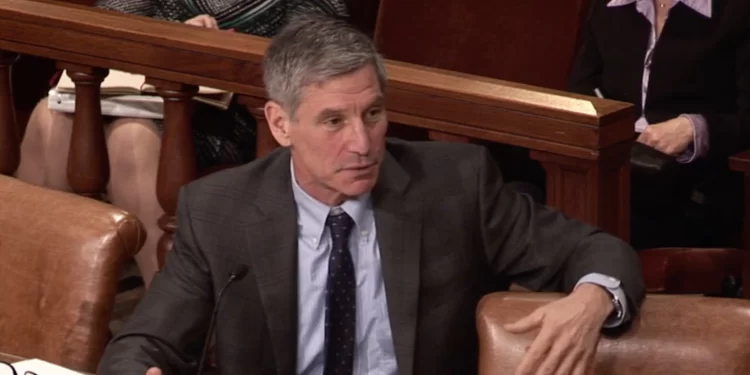By Anthony Hennen | The Center Square
(The Center Square) — After another funding increase from the state, Pennsylvania’s public colleges will again freeze tuition for the seventh year.
The $35 million boost (a 6% increase) in the state budget for the Pennsylvania State System of Higher Education keeps tuition at $7,716 for undergrads. Pennsylvania was an early adopter of tuition freezes; the University of North Carolina system has done so for eight years, keeping tuition at $4,553.
State investment has increased dramatically in recent years as system leaders attempt to reform the system and attract more students.
“We will have seen our funding increase by nearly one-third in the past five years, and that is just truly remarkable,” Cynthia Shapira, chairwoman of the PASSHE Board of Governors, said during the July 17 meeting approving the freeze. “It says a lot about the partnership we built with our elected leaders who understand and appreciate the value of our universities. They see the faculty and staff who are delivering on affordable, high-quality education and that this education in our universities are preparing Pennsylvanians not only to be outstanding citizens, but to help fill high-demand roles that will keep our economy moving.”
Without a freeze, PASSHE noted in a news release, tuition would be 25% higher if tuition had risen with inflation for the last six years.
“PASSHE has acted transparently and as an exceptional steward of hard-earned taxpayer dollars and student tuition dollars, and made high-quality education affordable and available to all Pennsylvanians,” Chancellor Dan Greenstein said.
The state’s workforce, he argued, depends on PASSHE’s college-to-career pipeline to boost Pennsylvania and the newly created State Board of Higher Education would improve collaboration across different institutions.
“The new State Board of Higher Education represents an opportunity for meaningful cooperation in a strategic manner to help colleges and universities better serve students, meet workforce development needs and support all communities,” Greenstein said.
Shapira called the new board “an outstanding advancement.”
Greenstein has warned of a “significant talent gap” in the commonwealth and positioned PASSHE as the way to train young people and adult learners to fill high-priority job fields. With more funding, the goal has been to boost enrollments by 20% after a yearslong decline at most PASSHE colleges.
In the last two fall semesters, PASSHE has seen 10% enrollment growth, but critics worry that changes like staff reduction have not been drastic enough to reposition the system.




